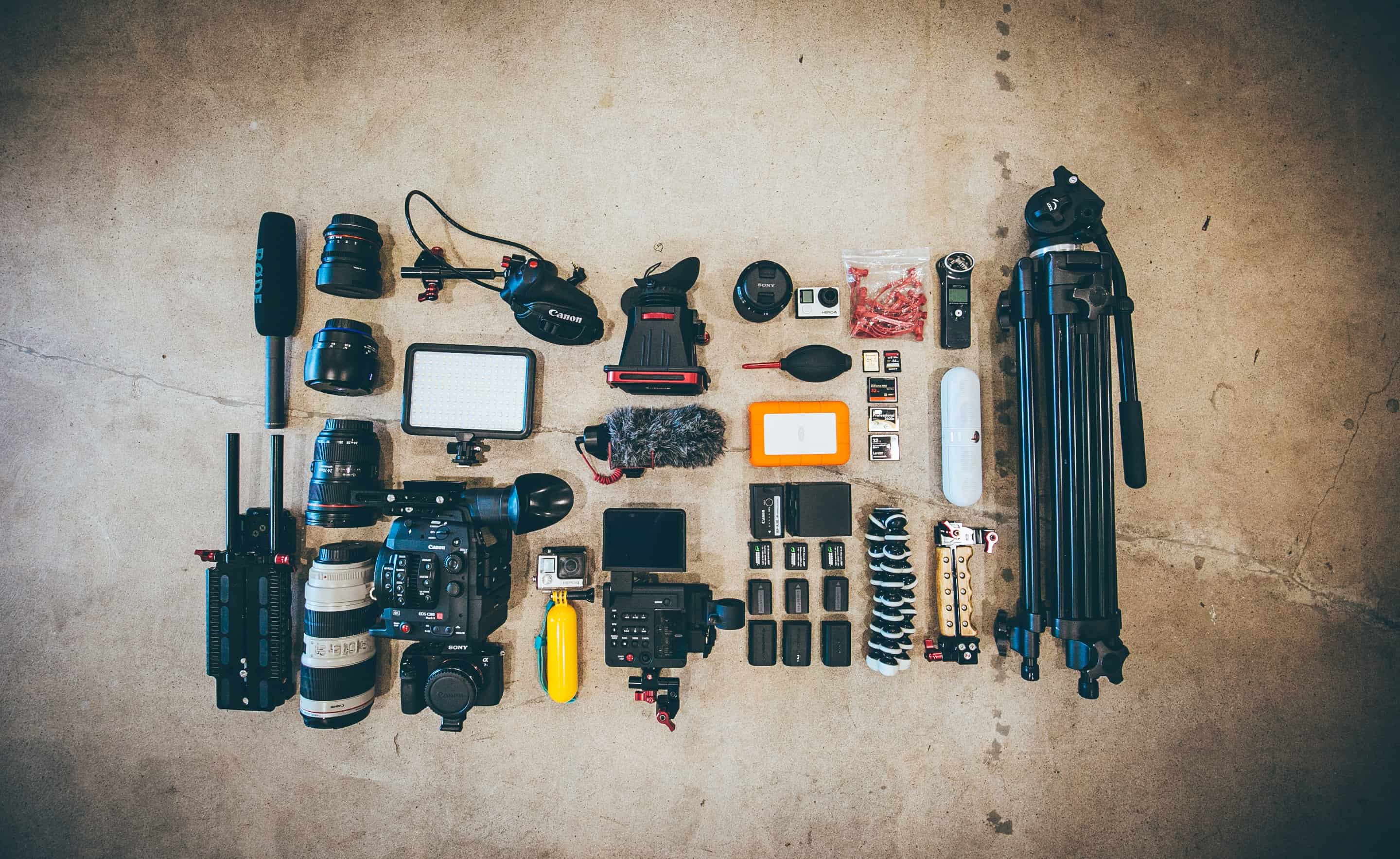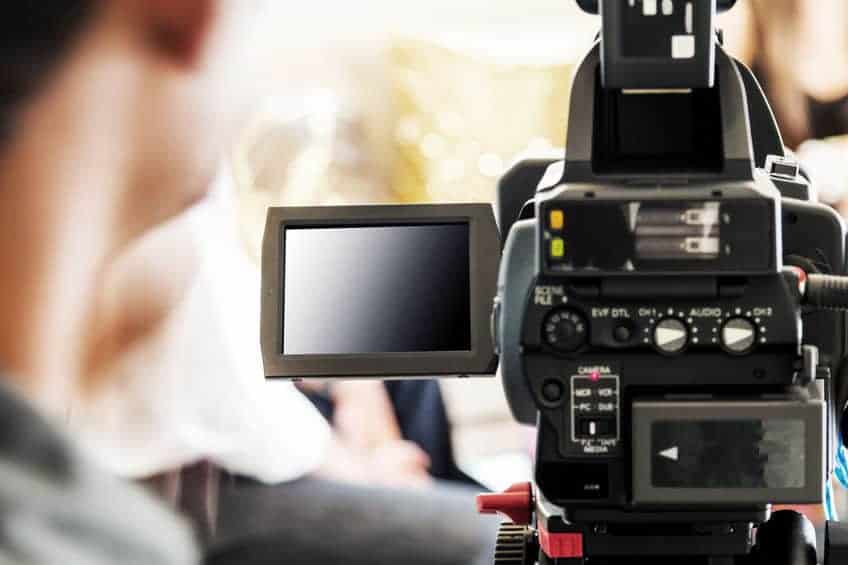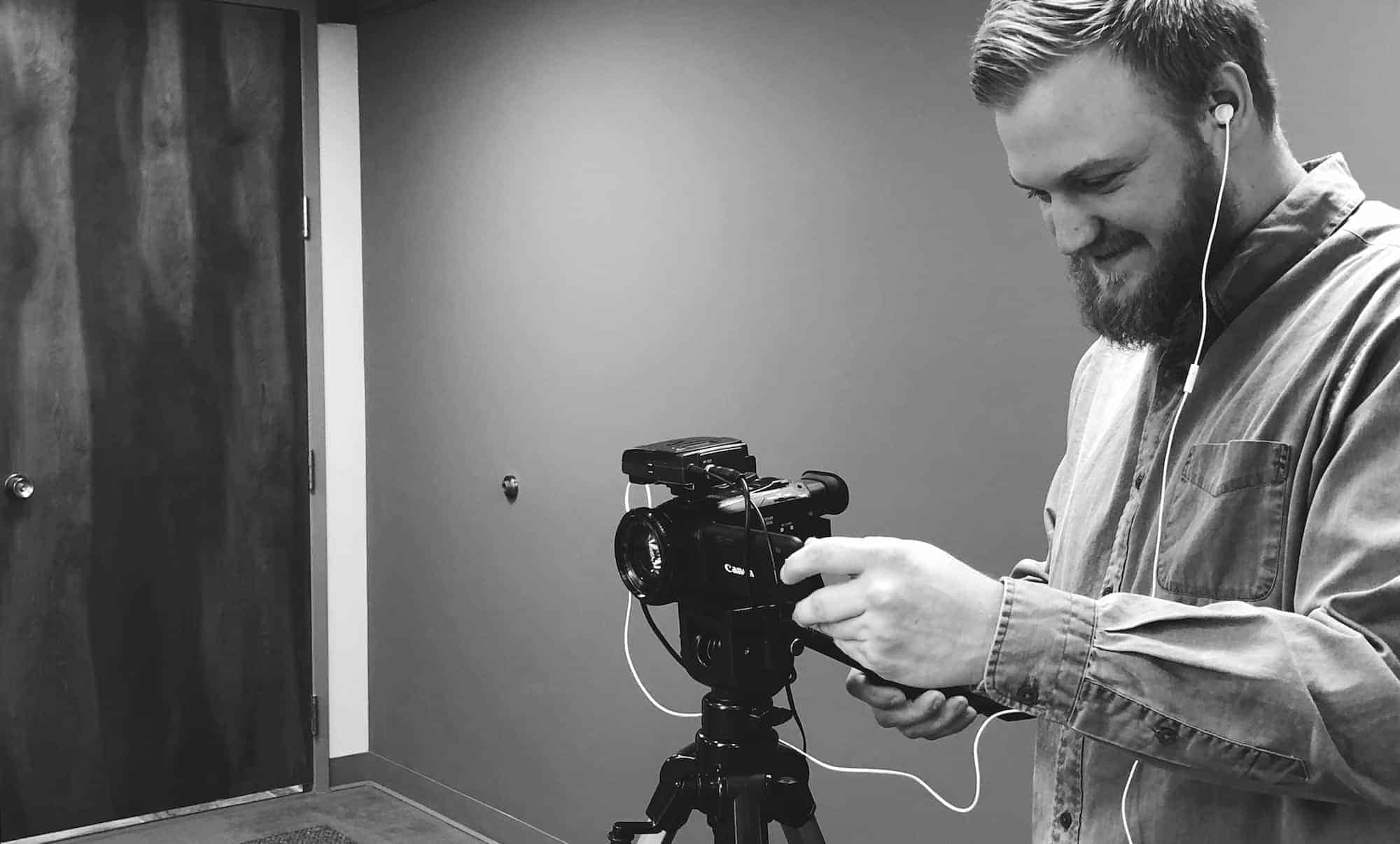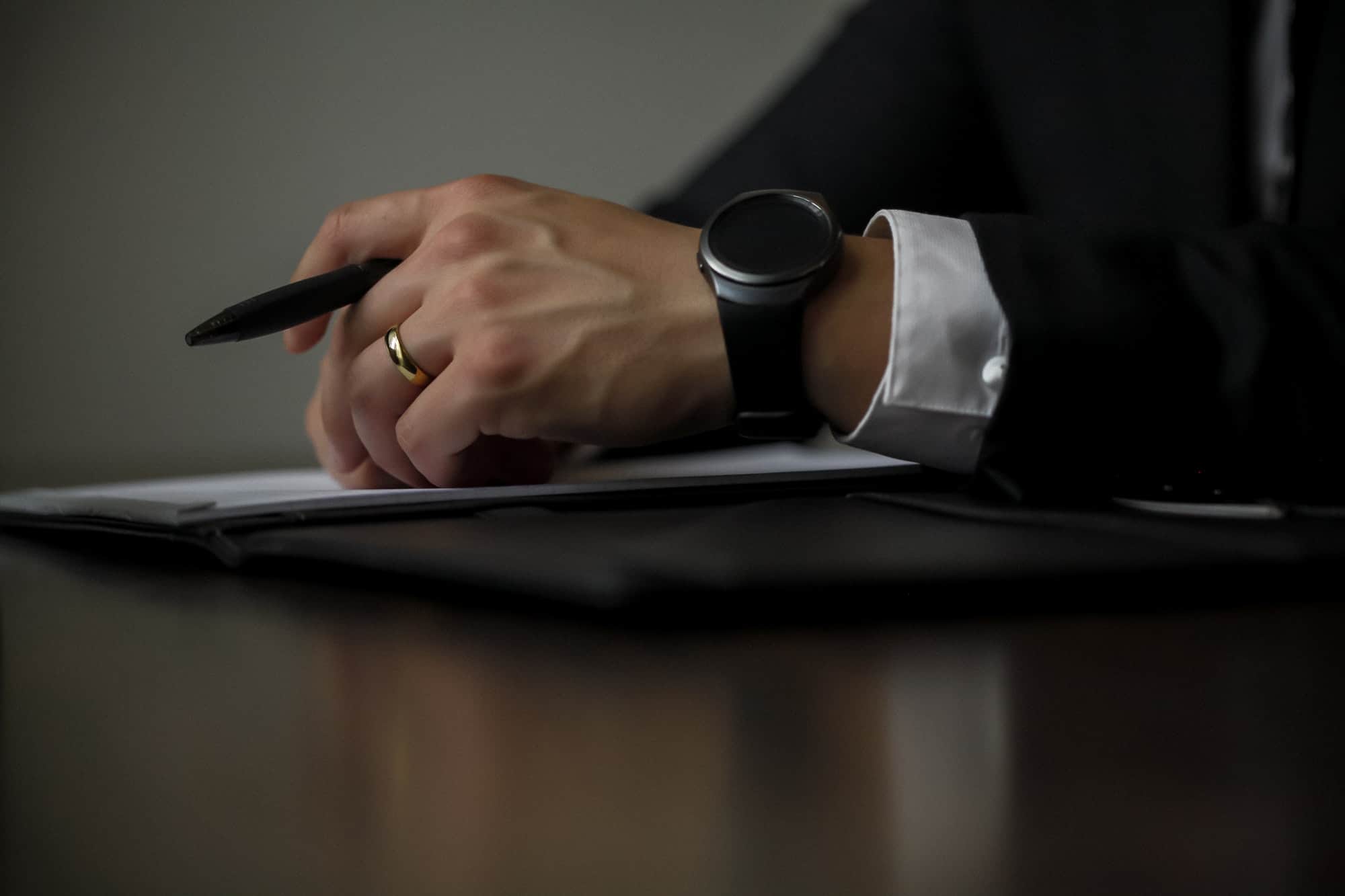
19 Jun How To Prepare For A Video Deposition
Recording a video deposition can be a good niche for a videographer to establish themselves in but it’s important to be well prepared for recording each statement.
Whether you’re getting ready to film your first deposition or your 100th, here is my guide on how you can be thoroughly prepared to film a video deposition. You can prepare for a video deposition by doing the following:
- Coordinate with everyone involved in the deposition beforehand.
- Learn about where your deposition will be filmed.
- Review your equipment to ensure you have everything you need and that it’s working correctly.
Preparation time is never wasted time. In my life, I have learned the value of preparation and paying attention to details. It does not come naturally to me as I am more of a creative intuitive than a detailed planner by nature so more often than not, the lessons have come the hard way.
Over time though I have learned the value of checklists, templates, and the assistance of other people to help me stay focused and not miss critical details.
Nothing is more frustrating than an important task or project being delayed or derailed by a tiny missed detail or technical problem that could have been avoided with better preparation.
In this article, we are going to look at how to prepare for a video deposition to help you feel confident about your upcoming deposition recording and help you avoid the frustration of the recording not going well because of a tiny missed detail.
How to Prepare for a Video Deposition
First of all, take a moment to congratulate yourself for your diligence in your desire to plan ahead. Reading this article shows that you are not trying to fly by the seat of your pants and grab your camera and go.
You are planning ahead and that is going to set you up for success. We are going to look at three main categories that you should look at when preparing to record your video deposition for a client.
People
Coordinating with the people involved in the deposition. The attorney who is most likely your client, the court reporter, the witness and any other individuals who may need to be present for the recording of the deposition. What are their expectations for you and for how the deposition will go? What assumptions might they have that you will need to clarify beforehand?
Location
The location has an enormous impact on videography. Will the location be quiet and well lit? Will there be background noise to deal with? Will you have adequate lighting? Have you been to the location before or is it unfamiliar to you?
Equipment
Equipment failure is probably the most frustrating thing that could happen to a videographer recording a deposition. Do you have a backup plan if something goes wrong? Extra power cords? Battery options if needed?
Luck Favors The Prepared
Unfortunately, when it comes to recording video depositions, many videographer’s underestimate a need for preparation because they assume that it will be easy compared to other video projects they do.
Many think that all they will need to do to record a video deposition is set the camera up in the right spot on a tripod and hit record. However, assuming it will be easy and failing to plan is a dangerous trap. Because of the legal nature of recording a video deposition, there is added pressure to get it right.
Lost footage, or not being able to make out a client’s words well due to poor audio quality could be critical details needed for a case. Also when you are a legal videographer you are in a unique spot because almost all of your clients are lawyers.
Most good attorneys are detail-oriented and professional people so being sloppy, unprofessional and unprepared will not help you gain a good reputation and client base in the legal community.
The Big 3: People, Location and Equipment.
If you pay attention to these three big categories and prepare accordingly you will set yourself up for consistent success and develop a reputation as a trusted videographer to use in the legal community.
People will know that they can count on you to be prepared and professional and will continue to use you over and over on future cases. There is nothing more important for a legal videographer than developing a network of highly satisfied clients that know that they can count on you to deliver professional results every time. Let’s look at these three critical categories in more detail.
Location: Investigate and Prepare
As a general rule for all of your appointments, make a habit of arriving early.
You don’t want your client, the witness and others waiting on you to set up your equipment or figuring out where you want to position the camera.
If you are familiar with the location that you are filming you probably will already have a good idea of what you need and will not need to get there extremely early but you will still want to give yourself time to set up and be prepared before everyone else settles in.
If you have never used that location before be sure to arrive extra early and check out the room that you will be using. Evaluate for lighting, electrical connections, seating arrangement and the best place and way to position your camera.
Listen for whether or not you will have any background noise issues to deal with. As much as possible move any items in the room that may clutter your shot or be in the way of what you need to do.
People: Coordinate and Collaborate
Everything is easy until people get involved but good communication and asking clarifying questions go a long way to help you make a good impression and avoid confusion.
Be sure to ask your client questions about what they expect from you and what will make their life easier. Ask them what their expectations for how recording the testimony will go and also what their expectations are for the finished product.
How quickly after the recording do they expect to have a finished and edited video? Will they be wanting a synchronized deposition where the video is synchronized to the transcript of the court reporter?
Also even if you are sure you have the information right double-check the details. Where is the testimony going to be recorded? If they just give a building name try and press for more specific details like what conference room or area in that building will be used.
Ask them who will be there and if there will be multiple witnesses or one. Ask them if they have coordinated for a court reporter to be there as well to record the transcript.
Be sure you know what file formats they expect the finished product to be in whether that be digital files, hard copies or both. Be sure to write down all of the answers to your preemptive questions and have all the details of the appointment recorded in one place this way you can refer to them again beforehand if the recording is being scheduled out far in the future.
Equipment-Check and Maintain
Technical difficulties. Is there any other phrase more aggravating?
We can’t avoid all technical difficulties but we can plan and prepare to minimize them, prepare for them and overcome them if they arrive.
Be sure to check over all your equipment and get everything gathered together the day before your appointment. Create a checklist of everything you bring with you to record a video deposition.
You may want to have different checklists for different kinds of video projects. The nice thing about working off a checklist is that not only will it help you not miss critical details today it will also help you better respond to problems that come up in the future.
If you run into an issue at a shoot and you wish that you had a certain piece of equipment with you, you can add it to your checklist and then you will be better prepared for next time.
Your packing checklist can also help you make sure that you don’t leave any important or expensive equipment behind on a shoot as you can use it as a final checklist when you are done and getting ready to leave.
Check all of your equipment the day beforehand to make sure everything is working properly. Be sure to check your equipment in advance enough that if you were to discover a major issue you would have time to fix it before the time and date of your shoot.
Finding out your camera is broken 15 minutes before you have to be there is no more helpful than finding out it’s broken when you arrive because either way, you have no time to find a solution.
Pack extra equipment to prepare for things going wrong. Try to have at least a basic backup plan of everything you use so that even if one thing broke you would still be able to do your job without a hitch.
How does a video deposition work and in what cases is it helpful?
If you are considering getting more into legal video work it is a good idea to learn more about the purpose of video depositions and when they can be helpful in a legal case.
Video depositions are useful for impeaching a witness, providing testimony when a witness can’t appear in court and also have a more powerful impact on jurors than a deposition readback. To learn more check out this article, “How Does A Video Deposition Work”.





